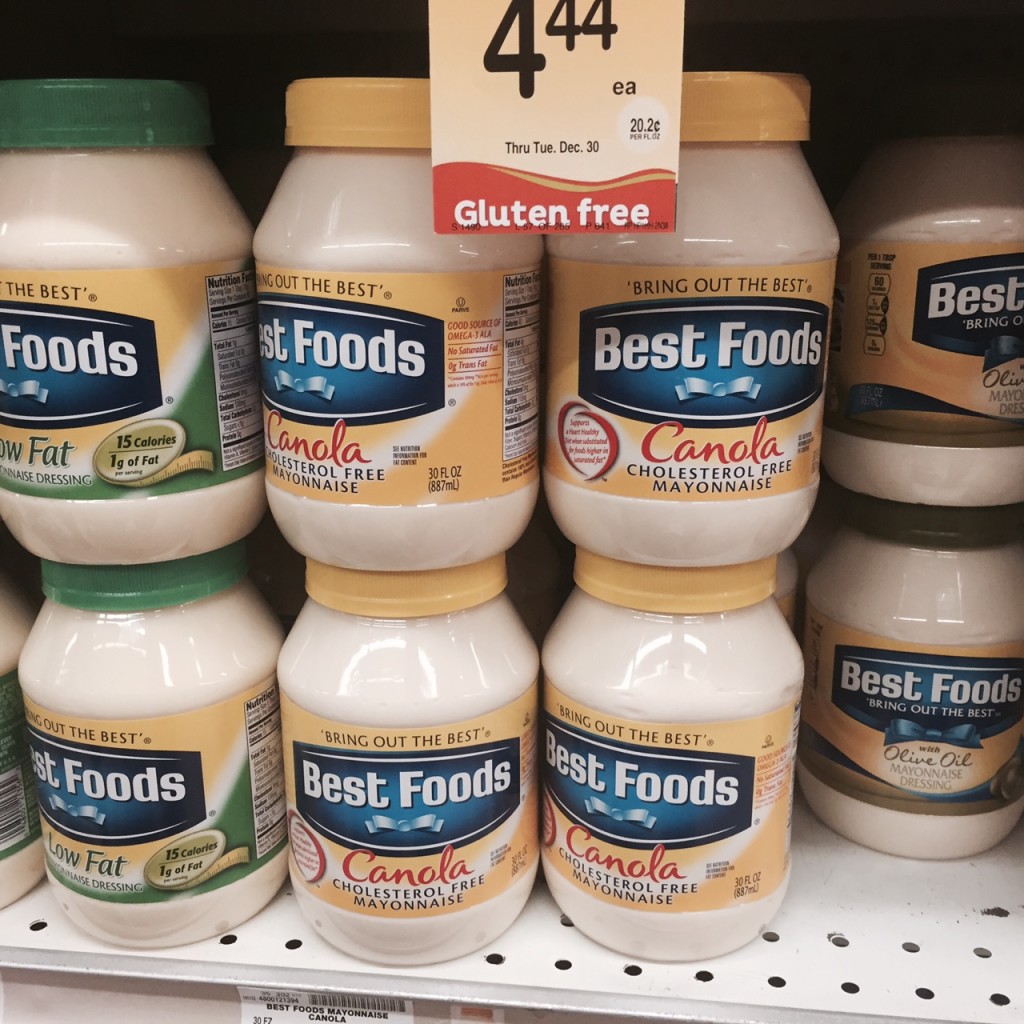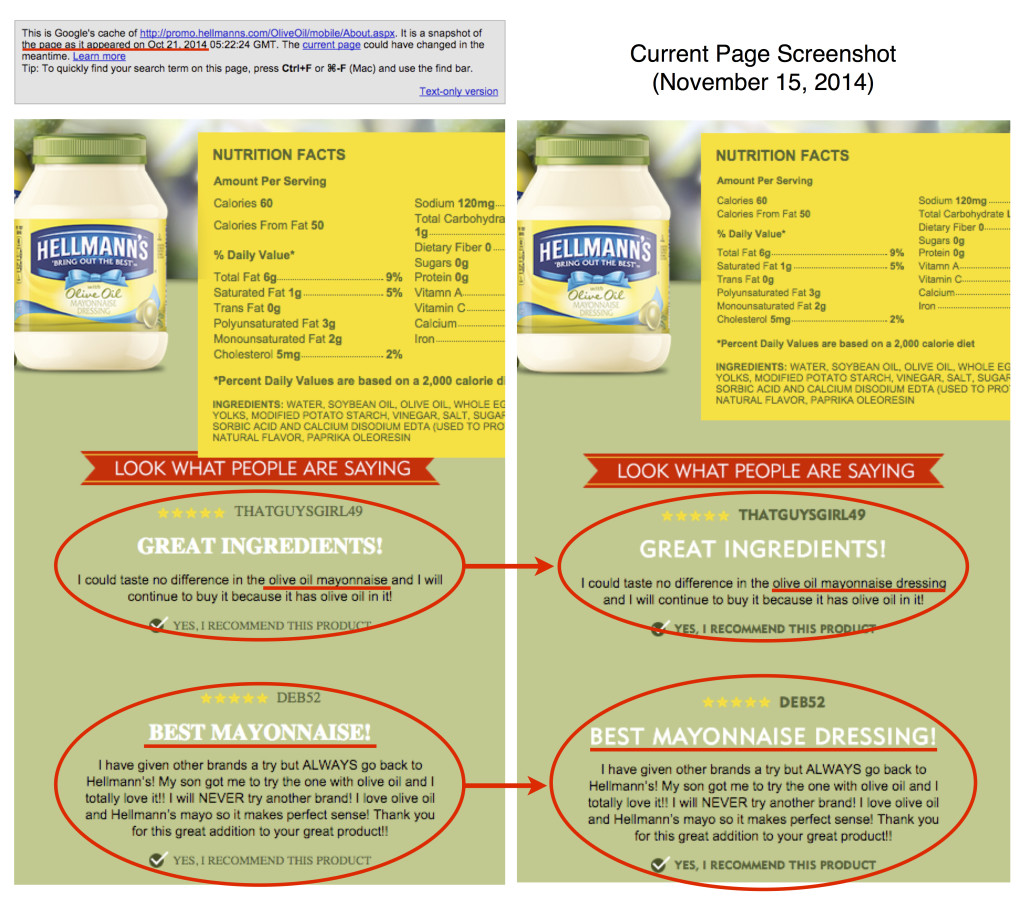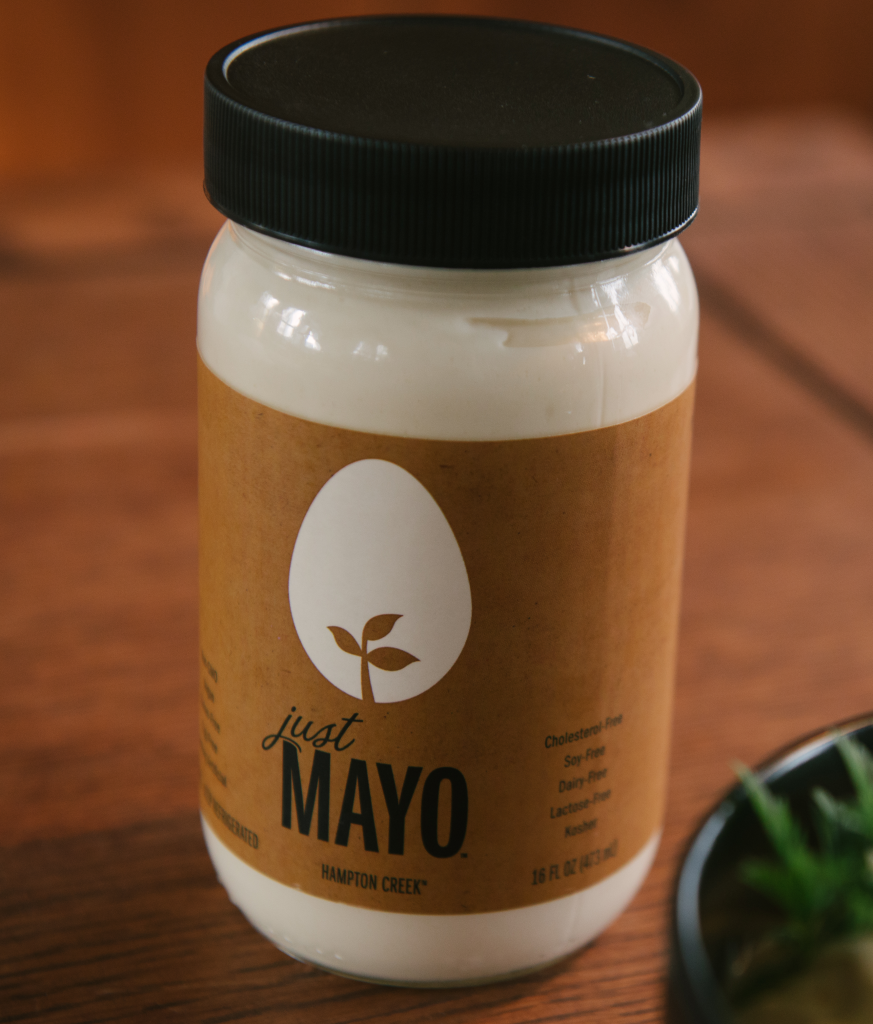Innovative food startups trying to curb soaring meat production can expect legal and political obstacles
Growing more and more animals for food is unsustainable. The World Health Organization predicts that global annual meat production will increase from 218 million tons in 1998 to 376 million tons by 2030. That uptick will bring with it numerous negative consequences, including deforestation, animal manure contamination of air and water and excessive use of water supplies and harmful energy sources, not to mention contributions to climate change.
Recognizing this problem, food startups backed by significant venture capital are hoping to create food products without using animals. The goal: provide a viable alternative to the existing animal foods production model that is wreaking havoc on the environment, public health and animal welfare. As a new wave of products aiming to mimic meat, eggs and dairy comes to mainstream supermarkets, Big Food’s pushback will only mount — and what started in the lab will soon make its way to the political arena. Read rest at Al Jazeera America …


















